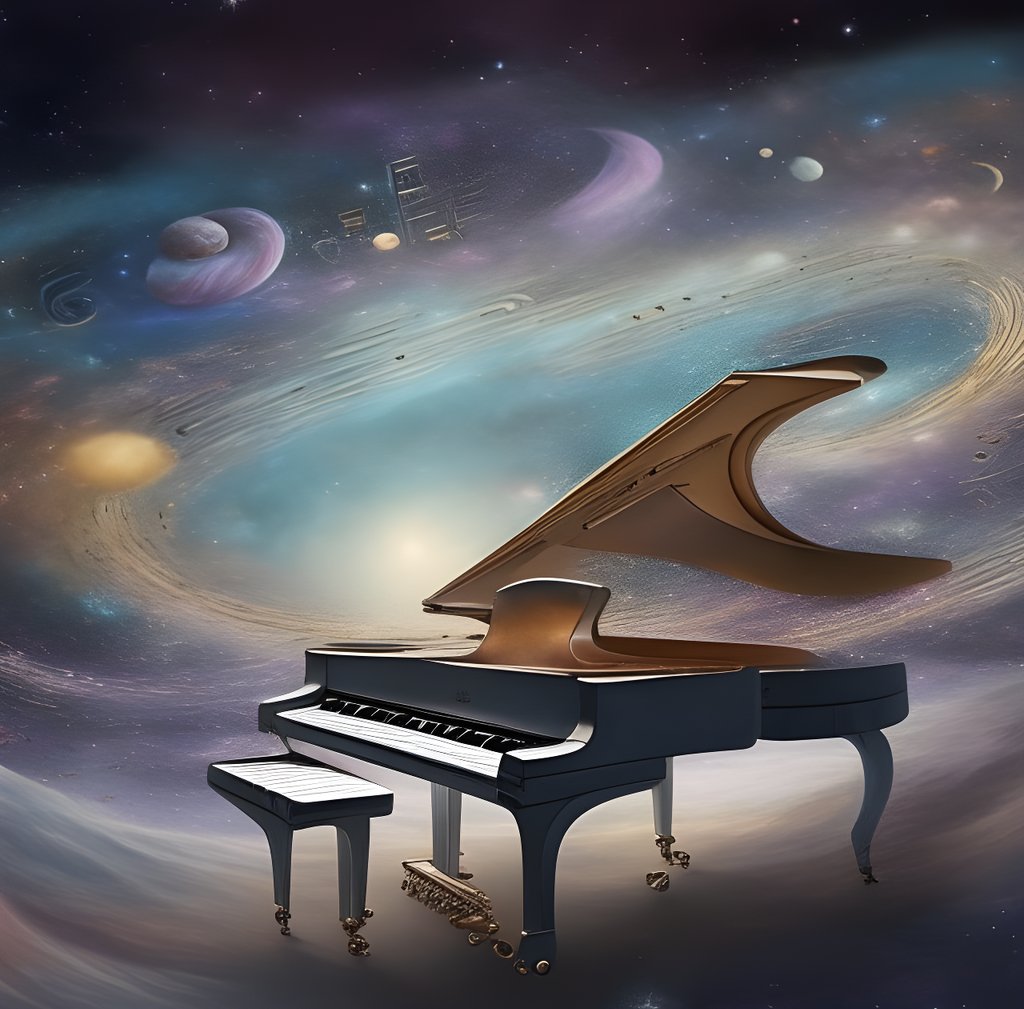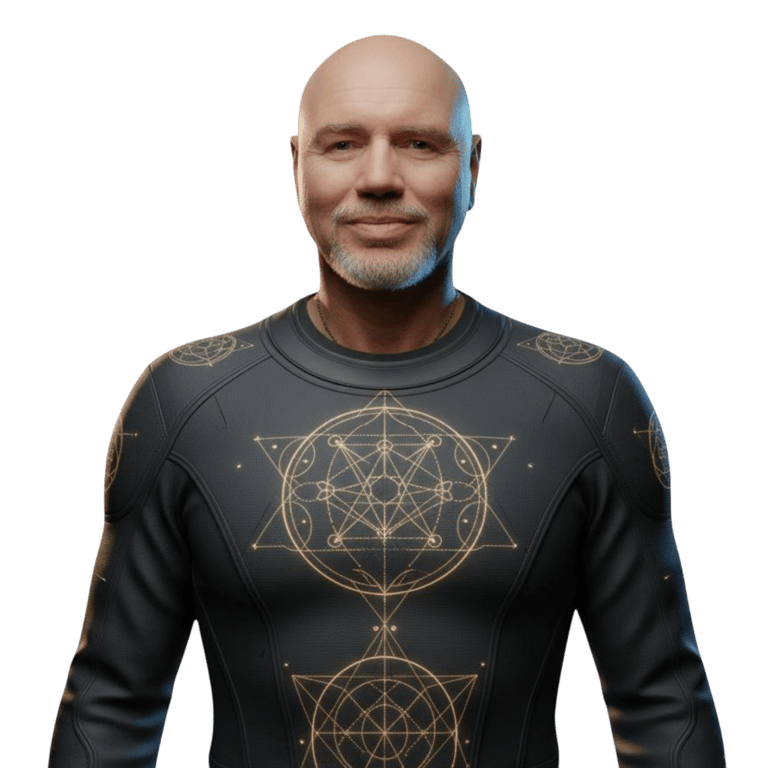Your Harmony of Spirit: Exploring the Transformative Power of Music in My Spiritual Journey
Regardless of language, culture, or background, music has the power to touch our souls, evoke emotions, and create connections that allow us to voyage into great arena's of Spiritual awareness.
MINDFULNESS - SOUND
Nigel John Farmer
2/26/20244 min read


In this cosmic expanse where thoughts compose their tapestry and feelings choreograph a magnetic ballet. Music has the potential to contribute to my sense of spiritual awareness. Creating a feeling of transcendence is something I resonate with. I often find myself on a journey through the harmonies of my favourite musical maestros. Join and explore with me through one of my favourite musical instruments, the Piano. I traverse the grandeur of Classical realms, with the pianist, Chopin. Embark on a Jazz Odyssey played by Oscar Peterson, and I am guided by the melodic alchemy of Stevie Wonder’s key chord wizardry. His human singing voice, a celestial instrument in its own right, becomes an integral part of Stevie Wonder’s contribution to this cosmic dance. I finish off with a duo pairing of voice and piano.
Chopin’s Rhapsody in Thoughts:
I have always heard the intricate tapestry of emotions crafted by Chopin; he composed for the full octave range of the 88 keys, allowing the piano to emerge as a vessel for his romantic sensibility. For example, Chopin's Nocturne in E-Flat Major, Opus. 9, No. 2 demonstrates the subtle nuances in finger pressure, which become a dialogue between cosmic forces — introspection and emotion. I enjoy all of Chopin’s Nocturnes and Ballades; with their delicate key changes, they’re strokes in the cosmic painting of our emotional landscape. Each note, a brushstroke expressing the profound interplay between my thoughts and feelings.
Peterson’s Jazz Odyssey:
Oscar Peterson's jazz-infused universe continuously beckons me. His virtuoso ornate Jazz piano playing serves as a portal to the spontaneous dance of my thoughts and feelings. For me, Peterson’s percussive touch on the keys becomes the heartbeat of my emotional journey. The piano, under Peterson's fingers, helps me to create an internal canvas — I let go, becoming a cosmic painter of my spontaneous interactive emotions. Many may not realize that Peterson explored and was influenced by the intricate harmonizations of Sergei Rachmaninov, especially his second piano concerto. Duke Ellington called him “the Maharaja of the keyboard.” In fact, O.P (Oscar Peterson), as known to his friends, played one of the most beautiful Jazz instrumental versions of "I Got It Bad And That Ain’t Good” (written by Duke Ellington and Paul Francis Webster.) Within two seconds of the track starting, O.P shows us all his exquisite piano playing dexterity.
The Human Singing Voice: A Melodic Dialogue of Feelings
Soul music, a melodic dialogue for the dance of feelings, is exemplified in the luminary musicality of Stevie Wonder. His key chord wizardry and melodic alchemy elevate the cosmic dance. Stevie Wonder’s compositions, such as "Superstition" (1972 Talking Book) and "Isn't She Lovely," (1976 Songs In The Key Of Life) are testaments to the intricate dance between thoughts and feelings. The unpredictable and soul-stirring melodies mirror the spontaneity of the human psyche. Soul becomes the language through which feelings express their cosmic resonance, and the human singing voice, with its power to convey emotions through melody and lyrics, takes centre stage in this cosmic symphony.
Stevie Wonder's Major-Minor Mastery:
In exploring Stevie Wonder's musical storytelling, I'm captivated by his clever navigation between major and minor keys, and his vocal range is especially shown in the soulful "Ribbon In The Sky" (1982 Original Musiquarium.) The transitions between these tonalities become a musical manifestation of the complex interplay between thoughts and feelings. Wonder’s ability to seamlessly switch between major and minor adds a layer of emotional depth, echoing the nuanced nature of the human experience. That’s before you even start to explore the profound meaning of the lyrics! All a heartfelt melody honouring the profound connection of love and the divine. It encapsulates a love of utmost purity and divinity, symbolized by a ribbon in the sky.
Lastly, I want to finish with the musical pairing of Lara Fabian – (a full lyric multilingual soprano with a vocal range that spans three octaves from C5 to G5 in live performances.) Paired with 16 times Grammy winner, Canadian, David Foster OC OBC, playing the accompanying piano while they perform what I feel is one of the most beautiful stories expressed in song - Caruso - written by Lucio Dalla in 1986 while visiting Sorrento, a city overlooking the Bay of Naples. He chose the Excelsior Vittoria Hotel and happened to stay in the very same hotel room that Enrico Caruso, the Italian Opera tenor, had stayed in, shortly before he passed away. The owners told him about Caruso’s final days and his alleged passion for one of his young female students to whom he was giving singing lessons. Inspired by these stories, Dalla went on to write the story song Caruso.
The emotional and transformative qualities of music, have the ability to lead me to a heightened sense of consciousness. I find that music nurtures moments of reflection, contemplation, and a strong feeling of connection to something greater than myself. It becomes a medium through which I can enhance my spiritual experiences and gain a broader understanding of both myself and the world around me.
I encourage you to consider making time to listen to music on a regular basis, without external environmental distraction, in a safe space, sitting in a comfortable chair at home. Use the music notes, key chord changes, melodies, and lyrics as transport to take you on unabashed inner journeys of greater self-awareness leading to deeper levels of relationship with your spiritual self.
Blessings - Nigel John Farmer

© 2023 ~ 2024~2025 MeditatingAstronaut.com -
All Rights Reserved Worldwide
website by Meditating Astronaut Publishing
